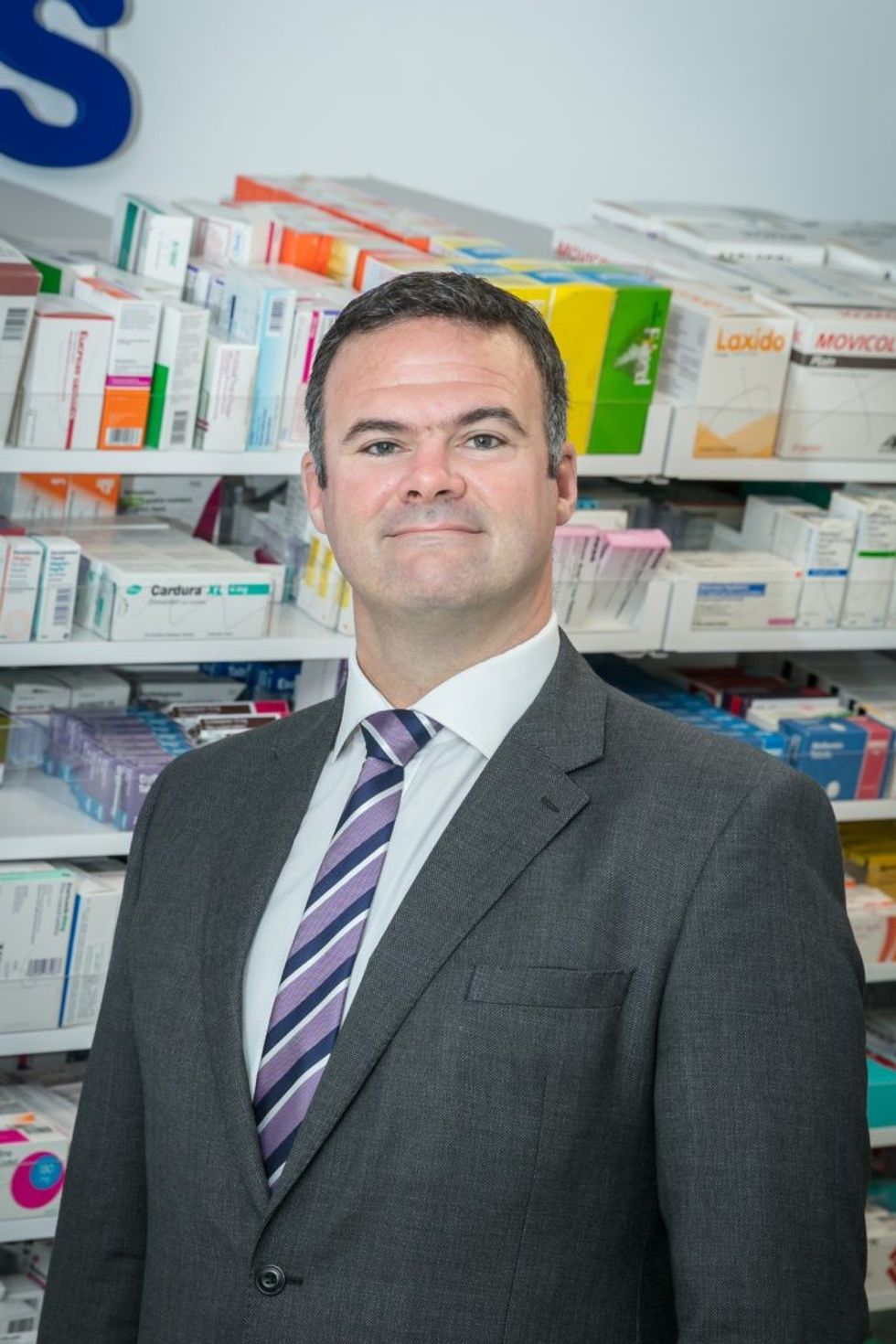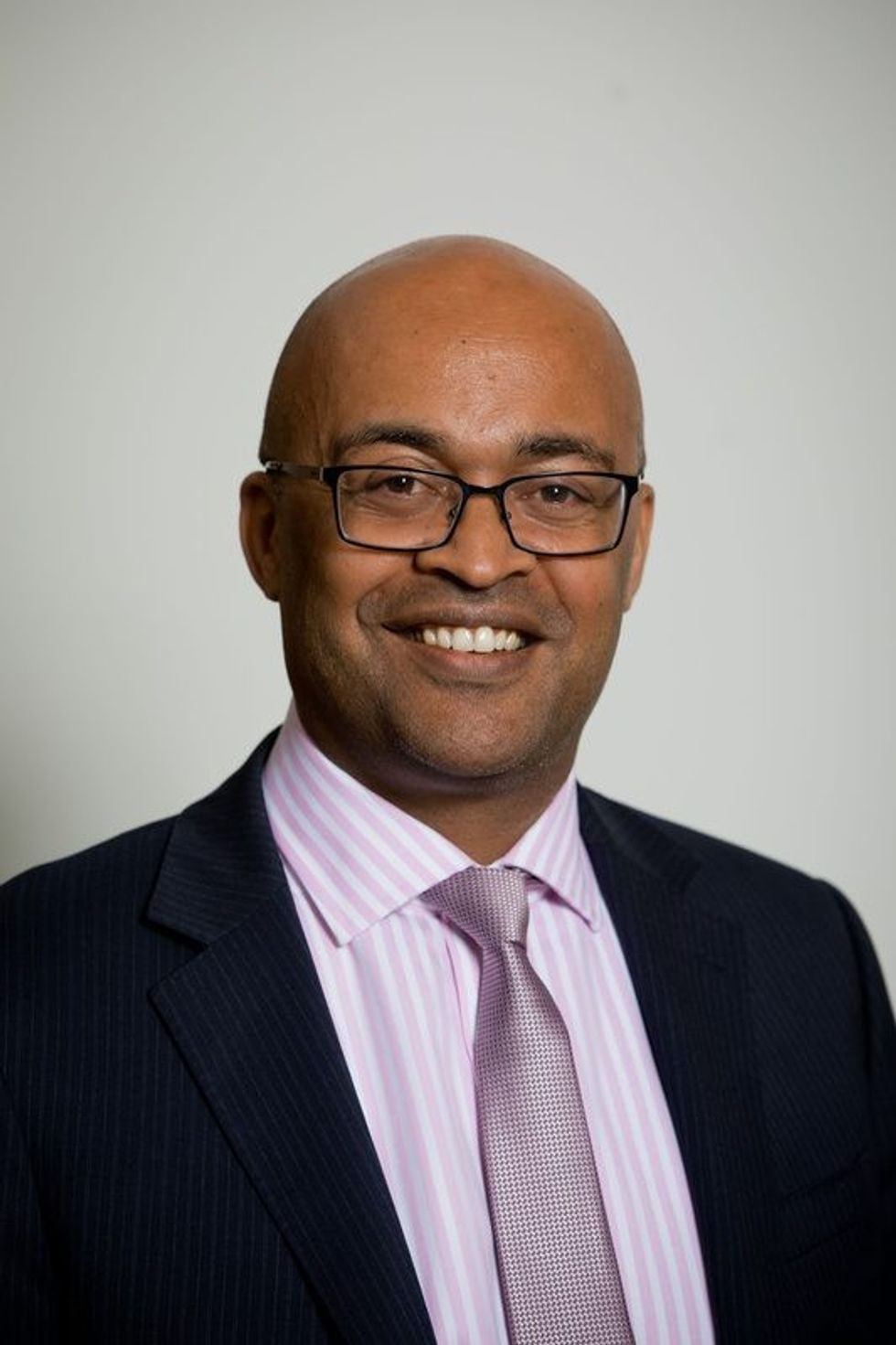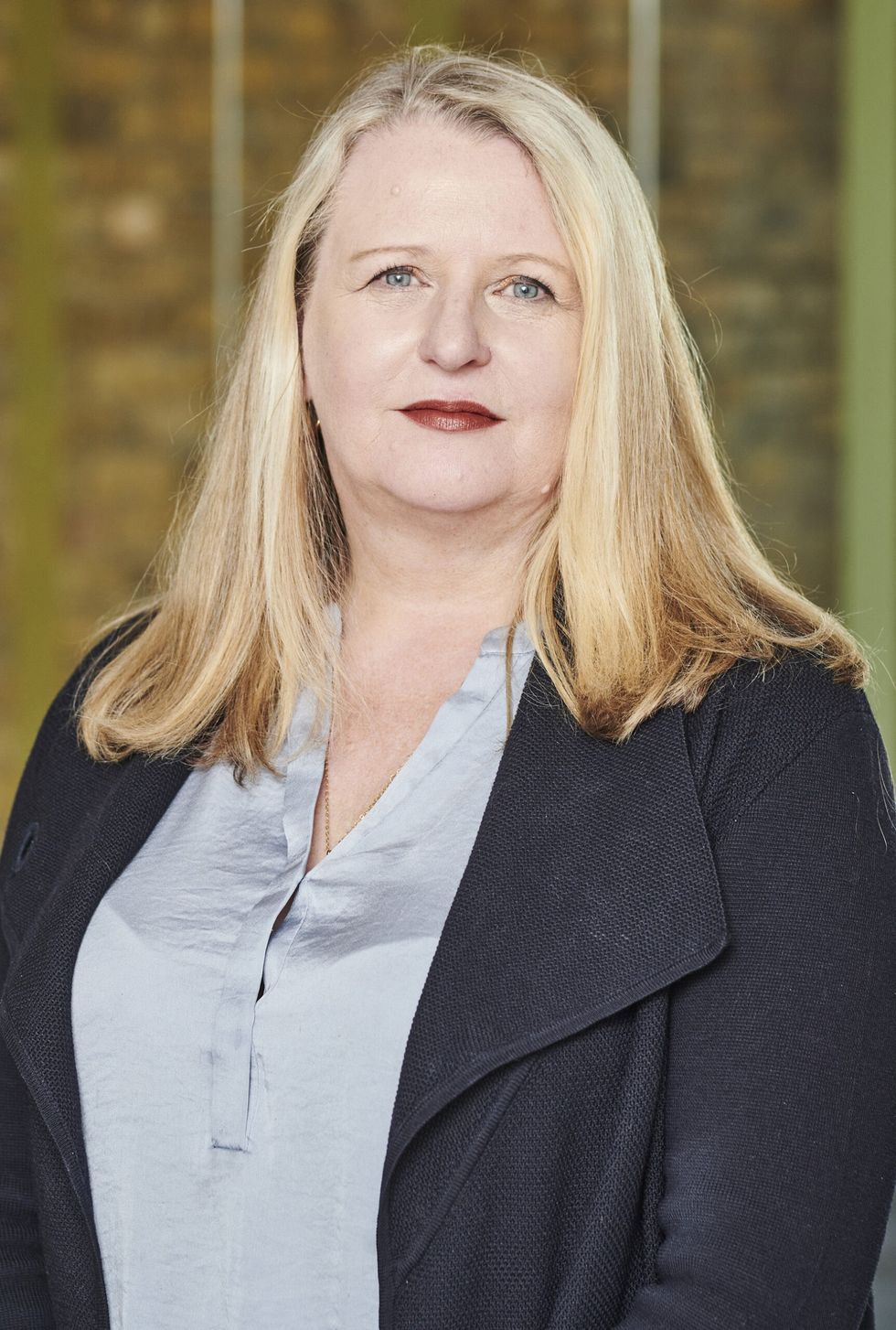THE latest drug shortage crisis is part of a “perfect storm” that could lead to the collapse of the sector, community pharmacists have told Eastern Eye.
A report released by Community Pharmacy England (CPE) found that pharmacies across England are grappling with medicine supply challenges and warned that this poses risks to patients’ health.
Graham Phillips, owner of Letchworth Pharmacy in Herefordshire, said his staff were feeling the strain before the shortage issue was added to their struggles.
“It’s all part and parcel of this perfect storm where they’ve cut funding, and then they’re chucking more and more at us,” Phillips told Eastern Eye.
“The network is in danger of collapse. The fact that LloydsPharmacy almost went bust, Boots tried to sell their businesses and couldn’t, and all the large multiples with scale and buying power are moving away from pharmacy tells you the situation we find ourselves in.”
CPE, which represents England’s 10,500 community pharmacies, carried out a survey of owners of 6,100 pharmacy premises and 2,000 of their staff.

A key finding was that 79 per cent of pharmacy staff reported that medicine shortages were putting patient health at risk. “A lot of the independents are staying open till midnight and getting back up again at 6 am,” said Phillips.
“Independents will just soak up the pressure until they end up having a breakdown. It’s dangerous for the mental health of pharmacy teams and it’s potentially dangerous for patients because when the system is working at that volume under that much pressure, what are we going to miss? Who knows?”
The report found that 91 per cent of pharmacy owners had seen a “significant increase” in drug shortages since last year, while 99 per cent of pharmacy workers reported a drug was unavailable at least weekly.
Nearly all respondents reported patient frustration stemming from medicine supply issues, with 84 per cent of them saying they had experienced aggression from patients.
Additionally, 98 per cent indicated an increase in ‘owings,’ where patients receive only part of their prescription and must return to the pharmacy for the remaining medication(s) at a later time.
“We are all spending hours trying to get products and it’s more unremunerated time. My team could be spending at least an hour or two a day just trying to get hold of the products,” said Phillips.
“Often enough when we do get hold of the product, it is a generic and we end up paying more for it than what the NHS pays us. Which means we spend hours getting hold of the product and when we do we lose money dispensing it.”
Although supply disruptions are impacting medicines across a range of clinical and therapeutic areas, those used for treating diabetes, ADHD, and epilepsy have notably been affected this year, according to the report.

Prabjaudt Singh Channa, director of Priory Pharmacy in Orpington, Kent, which is based next to Oxleas Mental Health Unit, told Eastern Eye that the shortage of ADHD drugs was having an impact on his patients.
“It’s widely been reported the shortage of specific ADHD drugs which I’ve got loads of patients on,” said Channa.
“The clinic there have been really good and the doctors have been really responsive and come and seen me and said, ‘this is a sort of thing that we’re doing with the prescribing can you support us?’
“We actually installed an extra controlled drugs (CD) cabinet just so we can hold more drugs. “It’s still been challenging and patients really struggle especially as we do run low and on occasions completely run out of some medicine.”
And it’s not just the health of his adult patients Channa is concerned about. He has a number of young patients who require ADHD medication.
“Children that rely on medication so that they can go to school to focus and do their usual day-to-day work now can’t so that’s really tough,” he said.
Commenting on the survey findings, Janet Morrison, CEO of Community Pharmacy England, said that the medicine supply challenges being faced by community pharmacies and their patients are “beyond critical.”
“Patients with a wide range of clinical and therapeutic needs are being affected on a daily basis and this is going far beyond inconvenience, leading to frustration, anxiety and affecting their health. For some patients, not having access to the medicines they need could lead to very serious consequences, even leaving them needing to visit A&E.
“For pharmacies, ensuring everyone can access the medicines they need has become an ongoing battle, putting immense pressures on pharmacy teams and businesses,” she said.

While pharmacies are doing everything that they can to find solutions for all their patients, they are “powerless” to resolve national and even global supply issues, and “they are being forced to operate with one hand tied behind their back,” Janet added. Discontinuation of products and ongoing global supply chain issues are cited as causes of the medicines supply problems in the UK.
Another survey last month, by the Nuffield Trust think tank, said drug shortages had more than doubled between 2020 and 2023 and that Brexit was likely to “significantly weaken” the UK’s ability to deal with the issues. Shortages have also been a growing problem in Europe and the US in recent years.
However, the UK leaving EU supply chains is said to have added complications such as custom checks at borders and drug makers facing extra regulation.
It is also believed that the UK has become a less attractive market for manufacturers due to the low prices of medicines, contributing to the reduction in supply chain resilience.
Malcolm Harrison, CEO of the Company Chemists’ Association, said: “The government’s continual push to drive down the price paid for medicines is now becoming a false economy for taxpayers. The race to the bottom is likely adding to the number of shortages and demonstrably affecting patient access to medicines.”
He stressed the urgent need for a wholesale review of the medicines supply market to ensure “it is fit for purpose” and an uplift in retained margin which has not been reviewed since 2014/15, despite significant increases in the volume and price of medicines procured.
“Ultimately without action, medicine shortages will continue to rise,” he added.
In addition to the immediate risks posed to patient health and well-being, medicine supply issues are impacting pharmacy businesses, exacerbating the already intolerable operational and financial pressures that they are facing.
The report warned that without intervention, these pressures will lead to the closure of more pharmacies, putting the supply of medicines at increased risk.
Paul Rees, head of the National Pharmacy Association, urged the government “to sort out the UK’s fragile medicines supply system, so that pharmacies can do their job and patients can get their lifesaving medicines in time.”
A Department of Health and Social Care spokesperson said: “There are around 14,000 licensed medicines and the overwhelming majority are in good supply. Supply issues can arise for many reasons and are not specific to the UK.
“Our priority is to mitigate risks posed by those issues and to help ensure that patients continue to get the treatments they need. Thankfully most issues can be managed with minimal impact to patients.
“We recognise the vital role pharmacies play in our healthcare system and that’s why they are backed by £2.6 billion a year in government funding. Deliberate violence or abuse directed at healthcare staff is unacceptable and all staff, including pharmacists and their teams, deserve to work in a safe and secure environment.”

















 All eyes on Donald Trump Jr and Bettina Anderson as their PDA grabs attention before Trump’s arrivalGetty Images
All eyes on Donald Trump Jr and Bettina Anderson as their PDA grabs attention before Trump’s arrivalGetty Images  Donald Trump Jr and girlfriend Bettina Anderson steal the spotlight with PDA at New Jersey airportGetty Images
Donald Trump Jr and girlfriend Bettina Anderson steal the spotlight with PDA at New Jersey airportGetty Images  Donald Trump Jr. and Bettina Anderson depart the White House to attend the Military ParadeGetty Images
Donald Trump Jr. and Bettina Anderson depart the White House to attend the Military ParadeGetty Images  Bettina Anderson and Donald Trump Jr spotted in a candid moment Getty Images
Bettina Anderson and Donald Trump Jr spotted in a candid moment Getty Images  Donald Trump Jr. with Bettina Anderson ahead of US President Donald Trump's addressGetty Images
Donald Trump Jr. with Bettina Anderson ahead of US President Donald Trump's addressGetty Images 
